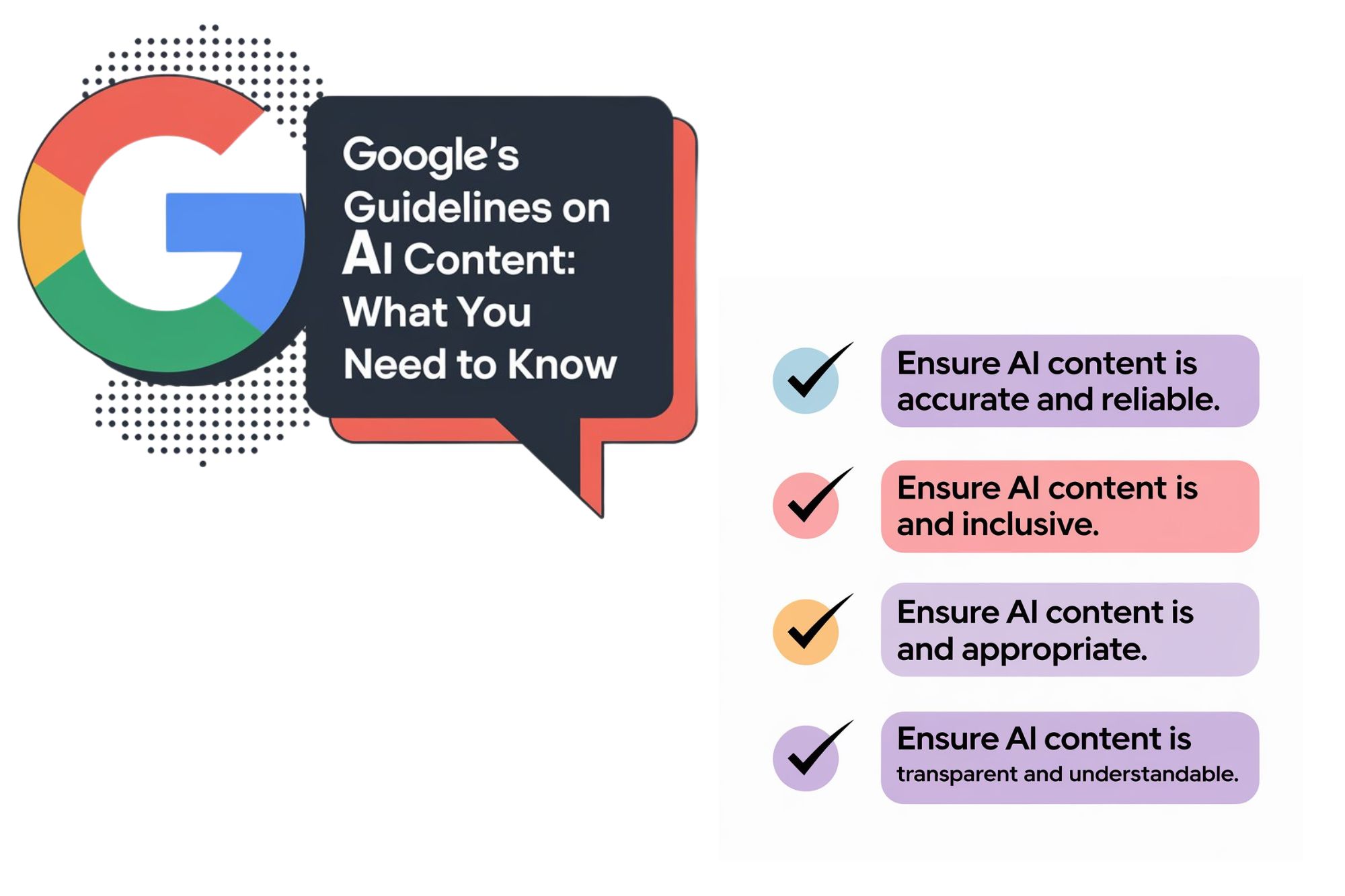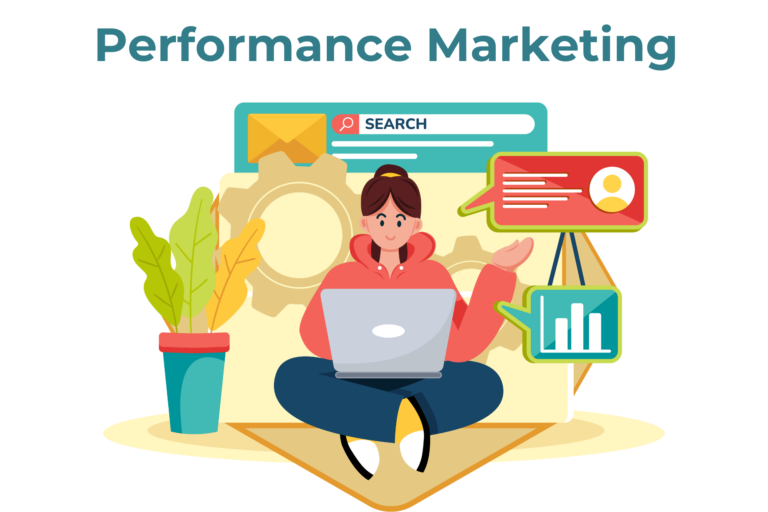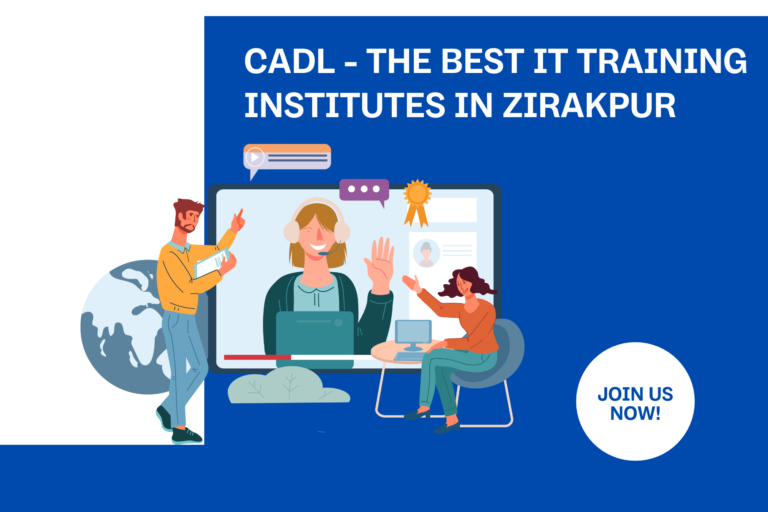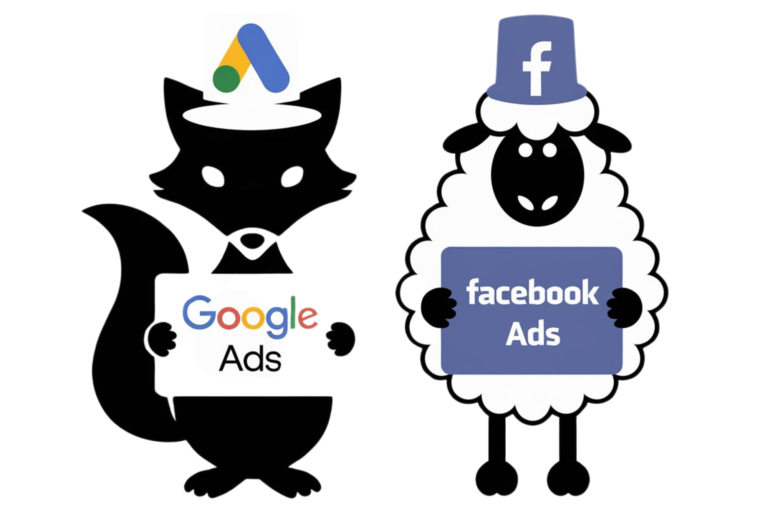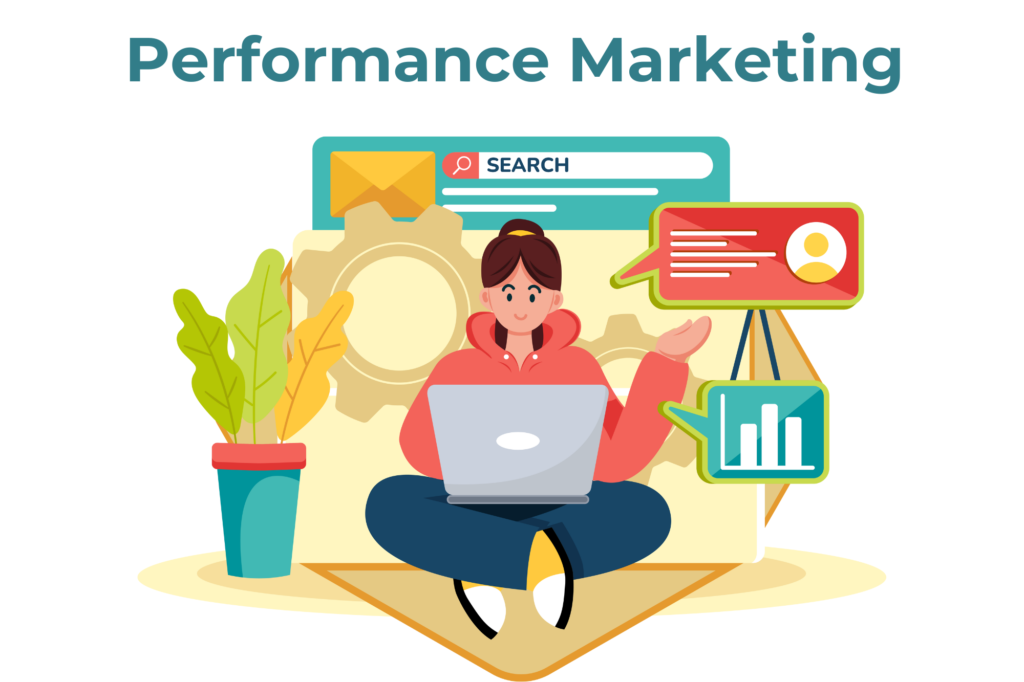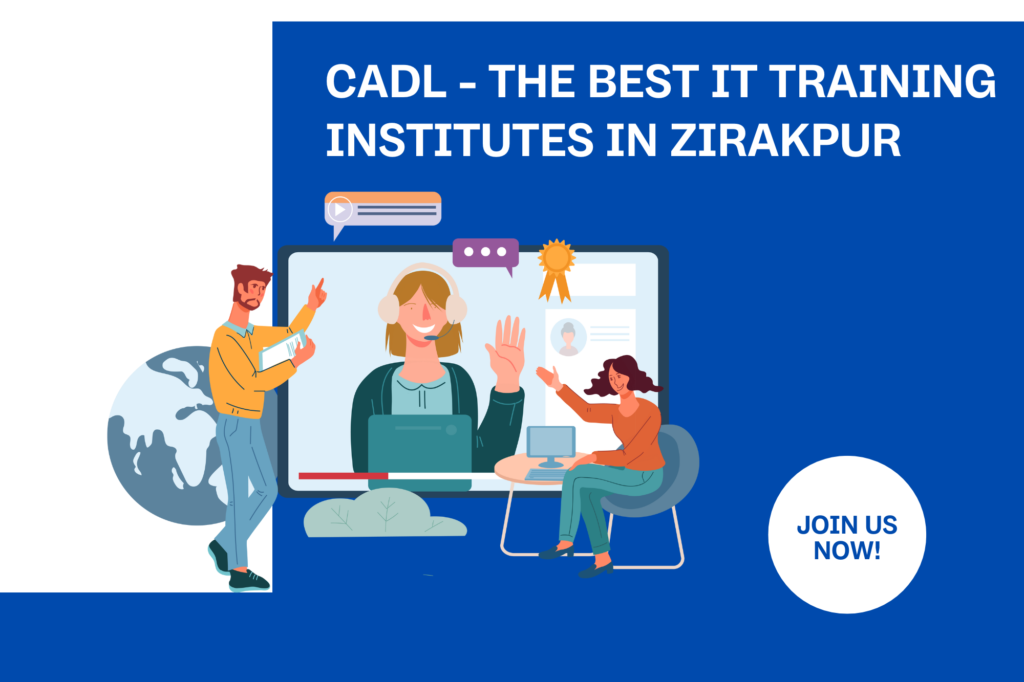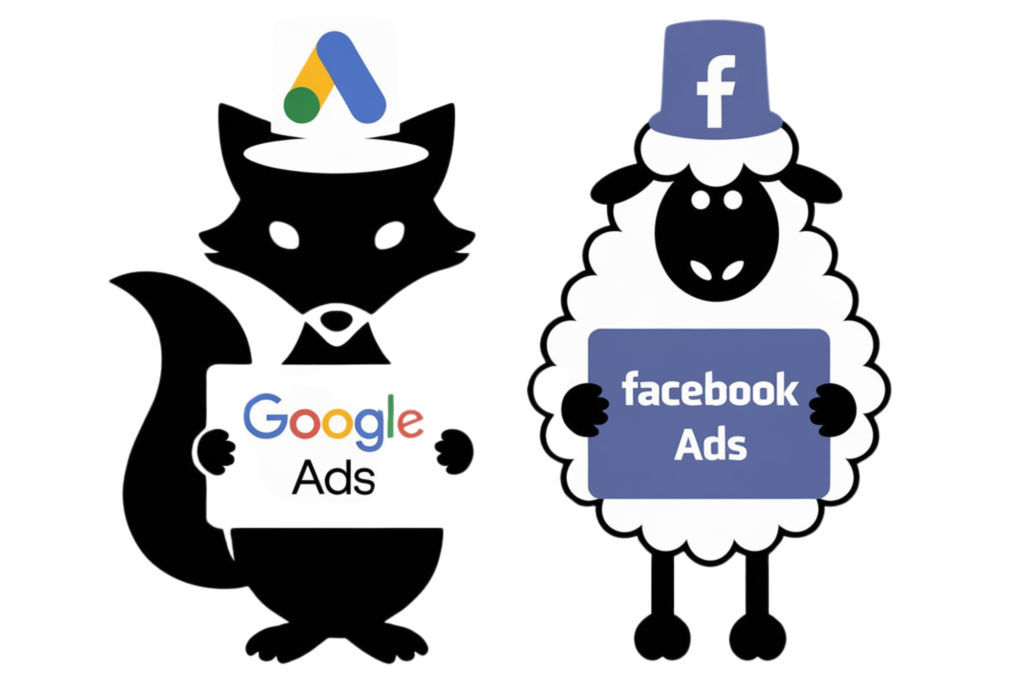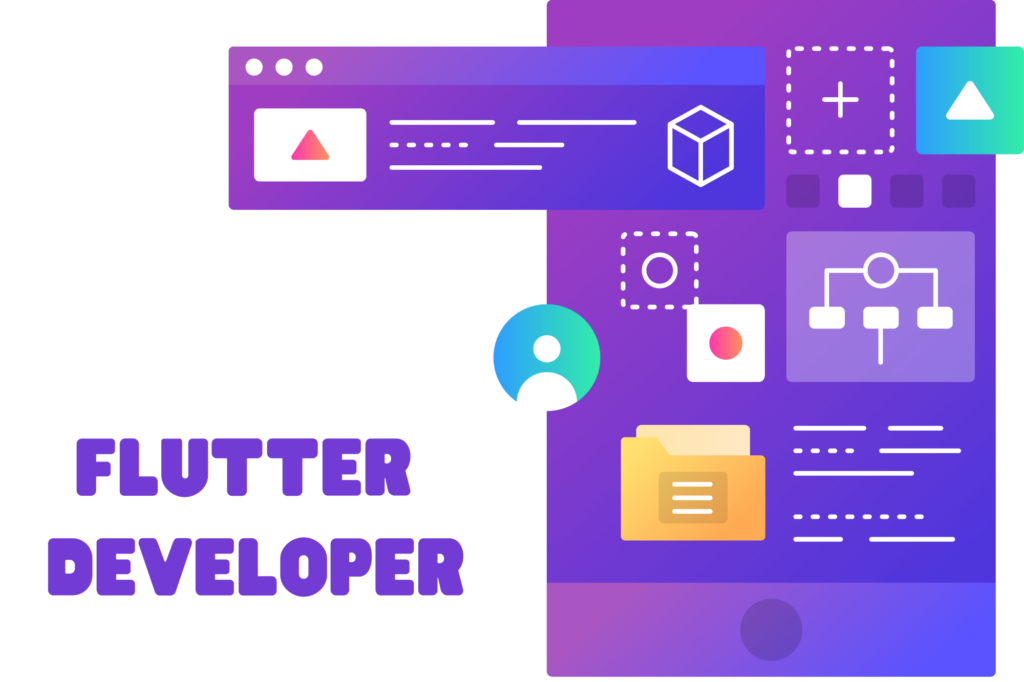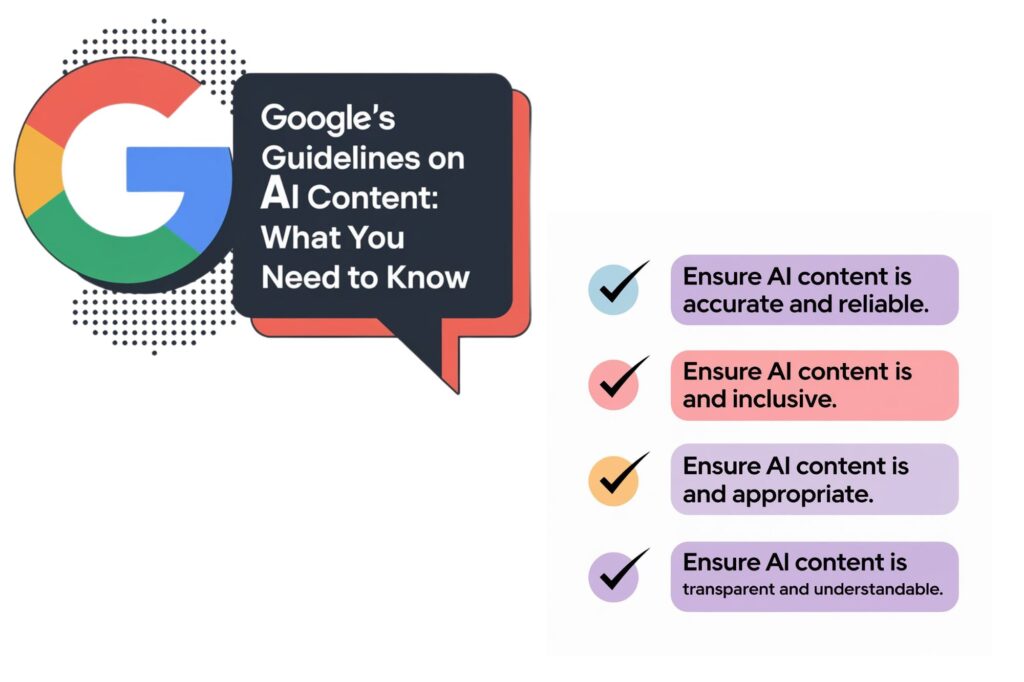As the technology is developing very fast, Google, which is a leading search engine, has shown strict stand on its generated content. In this blog, we are going to tell you how you can create effective content by following Google’s guidelines. Which will maintain the quality and relevance of your content, and how Google will give importance to it for ranking in the search results.
Understanding Google’s Position on AI Content
The Shift in Perspective
While creating content from Google, content creators always have a fear that how Google will see it. Will this content remain in Google ranking or will Google downgrade the ranking due to this content. All these questions are constantly running in the mind of any regular content creator. Google then assured the users that we recognize the content generated from Google provided this content is completely according to the quality standards. Google’s message is clear that Google will give priority to the content whose quality is very good and it is completely relevant whether it is written by a human or not.
Quality Over Origin
Google’s guidelines on content emphasize that quality is of utmost importance. Google has clearly stated that it will not discriminate against content generated by users if it does not violate spam policies. And it will not manipulate search rankings in any way. This dispels fears that Google will completely ban user-generated content. Google’s goal is to create an environment where quality also remains relevant, encouraging creators to focus more on important information.
Key Guidelines for AI Content
E-E-A-T Principles
One of the fundamental constructs within Google’s guidelines is the E-E-A-T acronym: experience, expertise, authenticity, and trustworthiness. Any content must exhibit these qualities to rank well in search results on Google’s results pages.
Here’s a detailed description of each component:
Experience:
The content must contain real-world experience or first-hand knowledge.
Expertise:
It must be created by individuals with relevant knowledge or credentials on the subject.
Authority:
The content must be recognized as a credible source in its field.
Trustworthiness:
It must provide accurate information that users can trust.
For AI-generated content to be effective, it must conform to these Google principles. Human oversight remains crucial to ensure that the output meets these standards.
Content created by AI must meet these criteria.
Content creators should avoid spammy practices
Google has outlined its specific practices that can lead to penalties for AI-generated content:
Search ranking manipulation:
Content created primarily to game the search engine will face penalties.
Low-value content:
Excessive amounts of low-quality or useless content are not appreciated by Google and will be ranked lower.
Automated spam:
Content generated without human oversight that lacks value will be marked as spam.
Content creators should focus on creating content that actually meets user intent rather than trying to exploit Google’s algorithm.
Best way to create AI content
1- Human review and editing
AI can help generate ideas and format text quickly, yet human intervention is necessary. Review and editing by a skilled and knowledgeable person can greatly enhance content quality and ensure adherence to E-E-A-T principles. This process adds sophisticated and unique insights to the output of AI that machines cannot replicate.
2- Focus on user intent
It is important to understand user intent when creating content. Google’s algorithms prioritize content that satisfies user queries effectively. So, when using AI tools, focus on creating content that addresses your audience’s specific questions or needs. This approach is in line with Google’s guidelines and increases user engagement.
3- Transparency and disclosure
When using AI in your content creation process, consider including disclosures about its use where relevant or add your own analytics. Transparency can build trust and engagement with your audience and reduce concerns about authenticity. For example, if an article relies heavily on AI-generated insights, a note explaining this can help make the information relevant to readers.
The Future of AI in Content Creation
Evolving Guidelines
As technology advances, Google’s guidelines regarding AI-generated content will continue to evolve. While the current stance supports high-quality contributions from AI tools, ongoing developments may lead to more refined criteria in the future. Anyone involved in digital marketing or SEO will need to stay up to date with updates from Google to maintain their rankings.
Balancing Automation and Authenticity
The trend towards automation in content creation is likely to increase. As much content can be created in a short amount of time, however, it will be important to strike a balance between leveraging AI capabilities and maintaining authentic human input. As algorithms evolve to prioritize unique insights and real experiences, human-written content can become a valuable asset amid automation and every content creator can benefit greatly from it.
Conclusion
While developing content in digital marketing, if you generate content from E-E-A-T concept by following the guidelines given by Google, then it will be a fast and effective way to work on . Instead of focusing on where the content is generated or how it is created, if we focus on the quality and relevance of the content which follows the concept of E-E-A-T of Google, then you can use the power of E-E-A-T properly. Staying updated about Google guidelines and providing a good experience to your users is the key to success in digital content creation.
In summary:
Ultimately, whether your content is good or not is based on how well it is able to help your users. Google’s guidelines follow the concepts of B-E-A-T by providing content that provides important information and is clear about everything. Finally, do not use AI to replace human insight and expertise and do not completely curate it. There is no alternative to human written content as it is a mine of creativity.

